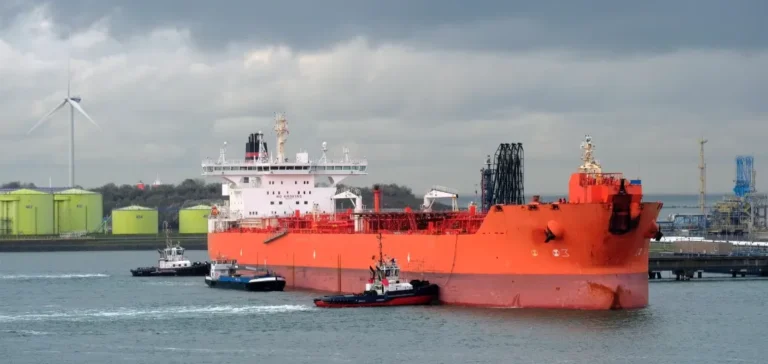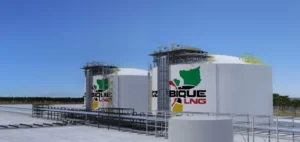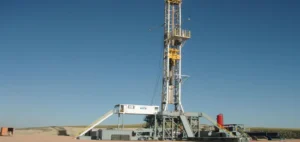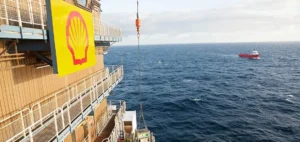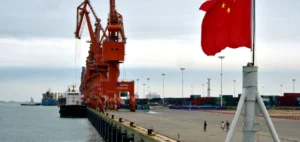Sri Lanka has announced that no liquefied natural gas (LNG) imports will be made from India in the near term, due to delays in the development of necessary infrastructure, notably the absence of storage units. Energy Minister Kumara Jayakody stated that construction of the required terminal has yet to begin, a prerequisite for any shipments.
Contractual deadlocks hinder gas ambitions
Discussions regarding the infrastructure began under the previous administration, but no contracts have been finalised to date. The Ministry of Energy is currently reviewing inherited documents, site proposals and financial arrangements. Initial estimates suggest that building the storage facility may require at least three years, pushing initial LNG flows beyond 2028.
LNG was expected to supply combined-cycle power plants and replace heavy fuel oil and coal, which still dominate the country’s 4 GW installed capacity. Internal projections indicated a possible reduction in production costs of up to 20%, but without a regasification terminal, these benefits cannot be realised. Authorities remain dependent on more expensive liquid fuels.
India-Sri Lanka agreement stalls
India committed in late 2024 to supplying LNG to Sri Lanka as part of a broader regional energy plan that also includes a power grid interconnection and a cross-border oil pipeline. A five-year agreement was signed between Petronet LNG, India’s state-owned operator, and LTL Holdings to supply gas to power plants in Colombo. The forecast investment for a floating storage regasification unit (FSRU) was estimated at INR2,500 crore (approximately LKR9bn), with commissioning initially planned for 2028.
However, the project has not moved forward. Bilateral teams are now focusing on a high-voltage power link between India and northern Sri Lanka. Meanwhile, the gas component remains on hold. This delay not only impacts Sri Lanka’s immediate power needs but also regional cooperation, as India looks to optimise excess LNG export capacity.
Economic consequences and geopolitical tensions
The current impasse occurs amid broader trade and strategic tensions. In 2022, Colombo temporarily awarded a similar project to a Sino-Pakistani consortium, drawing objections from New Delhi before reverting to an Indian-backed solution. This instability in awarding procedures, along with China’s increasing footprint in Sri Lankan ports such as Hambantota, complicates engagement for regional partners.
Data from the Ceylon Electricity Board suggests that LNG could contribute up to 2.6mn tonnes annually by 2030, saving up to USD500mn per year in oil imports. Without progress on storage, electricity tariffs — currently around LKR50–60 per unit — may rise further, intensifying pressure on households and businesses.
An uncertain outlook for energy integration
Since the 2022 economic crisis, Sri Lanka has attempted to diversify its energy supply. The Petronet LNG deal was meant to support an expansion plan to reach 7 GW by 2025 through thermal and renewable projects. However, suspended tenders, shifting policy directions and lack of financial decisions continue to delay execution.
Bilateral working groups are expected to meet again to accelerate feasibility studies. If construction of the terminal begins promptly, initial deliveries could take place by late 2028. In the meantime, Sri Lanka may consider short-term oil imports or local renewable options while monitoring global LNG prices, currently estimated at USD12–14 per million British thermal units.


